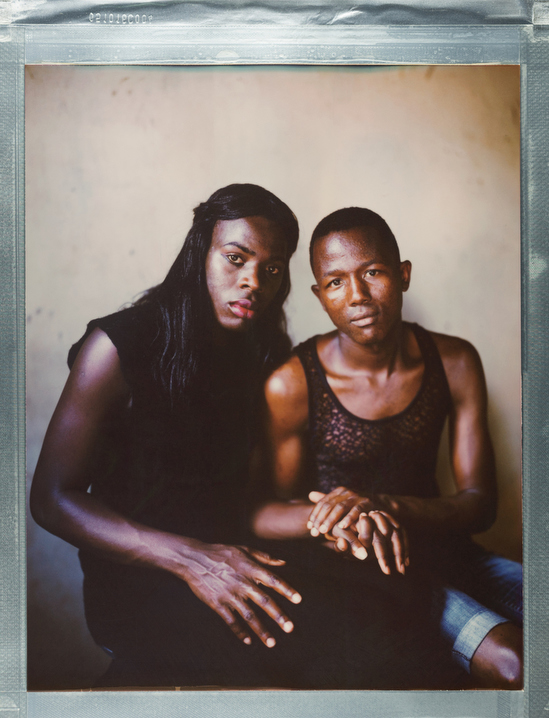“I’m Ashiraf , 23 years old. I am Ugandan by nationality and I was staying in Kampala, Uganda before coming to Kenya and my boyfriend is called Kajjan. We are both refugees in Kenya and LGBTI. We have been in relationship for three years. We met at gay wedding in Uganda and the place was called Caravan Hotel. The event ended in a colourful way. We had happiness at the party. Our friends who came at the party took a lot of photos and videos and posted them on social media and we appeared in newspapers in Uganda. Then our family got to know about it through the social media and newspapers. So we were ashamed in the community and our families too because it is a taboo, they don’t allow it in our country in Uganda.”




